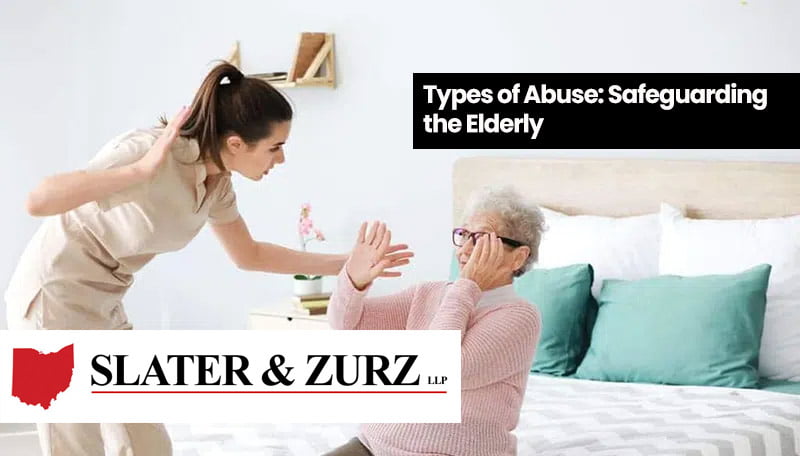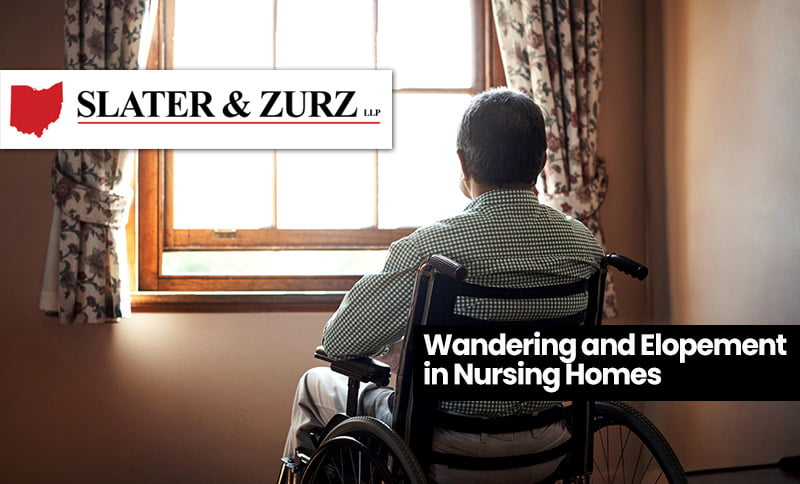Sadly, some of our most vulnerable citizens are routinely subjected to unconscionable treatment by those entrusted with their care. In many cases, physical or mental limitations prevent these elderly victims from effectively communicating what’s happening to them. Sometimes, some signs suggest something is wrong. If your loved one is or has been the victim of mistreatment by a caregiver, his or her enjoyment of life—if not life itself—may depend on your ability to recognize those signs and take action. And if there have been abused, our experienced elderly abuse attorneys can help you obtain compensation for the injuries, pain, suffering, and other needless losses endured by your loved one.
Nursing home abuse can take many forms.
Nursing home abuse encompasses physical abuse, emotional abuse, sexual abuse, and financial exploitation inflicted upon elderly residents in long-term care facilities:
- Physical nursing home abuse includes any type of harm or violence that significantly injures an elderly person:
- Failing to treat health conditions such as bedsores, which are painful and, if left untreated, can lead to infection and even death;
- Improper administration of medications;
- Scratching, slapping, hitting, or punching;
- Kicking;
- Pushing or Shoving, and/or
- Applying improper restraints.
- Emotional abuse, or elder psychological abuse, occurs when another resident or staff member undermines a resident’s self-esteem or mental well-being:
- Blaming or scapegoating the victim;
- Demeaning, ridiculing, or humiliating the victim;
- Ignoring the victim’s needs;
- Terrorizing the victim;
- Threatening, intimidating, or behaving menacingly toward the victim; and/or
- Screaming or yelling at the victim.
- Sexual assault includes unwelcome advances by staff or other residents.
- Financial exploitation is typically perpetrated by a trusted caregiver with access to the victim’s financial documents, checks, and other sources of personal information enabling improper transactions.
Nursing home abuse can be committed by a nursing home staff member or by another resident. However, because of the victim’s dependence upon caregivers, he or she may be afraid to do or say anything about abuse inflicted by a caregiver.
Be aware of the signs of physical abuse.
There are both physical and emotional signs that may point to physical nursing home abuse as well as elder abuse by relatives and other caretakers. Here are some physical signs to look for:
- Broken or missing teeth;
- Broken bones;
- Bruises;
- Burns;
- Dislocated joints;
- Hair loss; and/or
- Sprains.
Sometimes, nursing home staff members fail to adequately explain a resident’s injuries. In a 2018 Colorado case, an elderly woman with Alzheimer’s sustained broken bones, and deep cuts to her head and arm. The staff told her family that she had scratched herself with a coat hanger. According to a subsequent police investigation, the resident had been beaten by a caregiver with a prior felony conviction. The caregiver received a 12-year prison sentence.
- Don’t overlook the emotional symptoms of physical abuse.
A person being abused by a caregiver or another nursing home resident may be traumatized. He or she may exhibit signs of emotional distress as a result of the physical abuse, including withdrawal from social activities and strained relationships with caregivers. Other clues may be the elder’s hesitation to explain how an injury occurred or changing stories concerning what caused the injury.
- If you believe your loved one has been physically abused, seek medical treatment immediately!
As people age, their skin and bones become frailer. Without prompt treatment, a simple injury can develop life-threatening complications. It’s, therefore, important to seek immediate medical attention for any injuries your loved one has suffered.
Especially if you suspect ongoing abuse, your loved one must be removed from the facility in which the abuse is occurring. Even if the abuse occurred on just one occasion, your loved one may be subject to retaliation once the abuse has been discovered or reported.
Changes in your loved one’s behavior or demeanor may indicate emotional abuse.
Certain behaviors suggest that emotional abuse may have occurred or is ongoing:
- Avoiding eye contact;
- Attempting self-harm;
- Attempting to hurt others;
- Showing low self-esteem;
- Appearing depressed or withdrawn;
- Experiencing acute mood swings; and/or
- Changing eating or sleeping patterns.
If you suspect that your loved one is being subjected to emotional abuse, ask him or her about it. If you’re still suspicious that abuse is occurring, that should be reported to Adult Protective Services or a similar authority. A caseworker should investigate to determine whether your loved one has been emotionally abused.
If your loved one has been emotionally abused in a nursing home or an assisted care facility, he or she should be relocated to a safer, non-threatening environment. Options could include another nursing facility or home with family members. An adult daycare facility could then assist with your loved one’s care.
Visit often, be observant, and be proactive.
The key to safeguarding nursing home residents and other elders from the scourge of abuse is to visit often, look for signs that something may be wrong, and act immediately upon any suspicion of mistreatment. If your loved one has suffered from a nursing home or elder abuse, contact our nursing home abuse lawyers to find out what remedies are available to you and your loved one.





